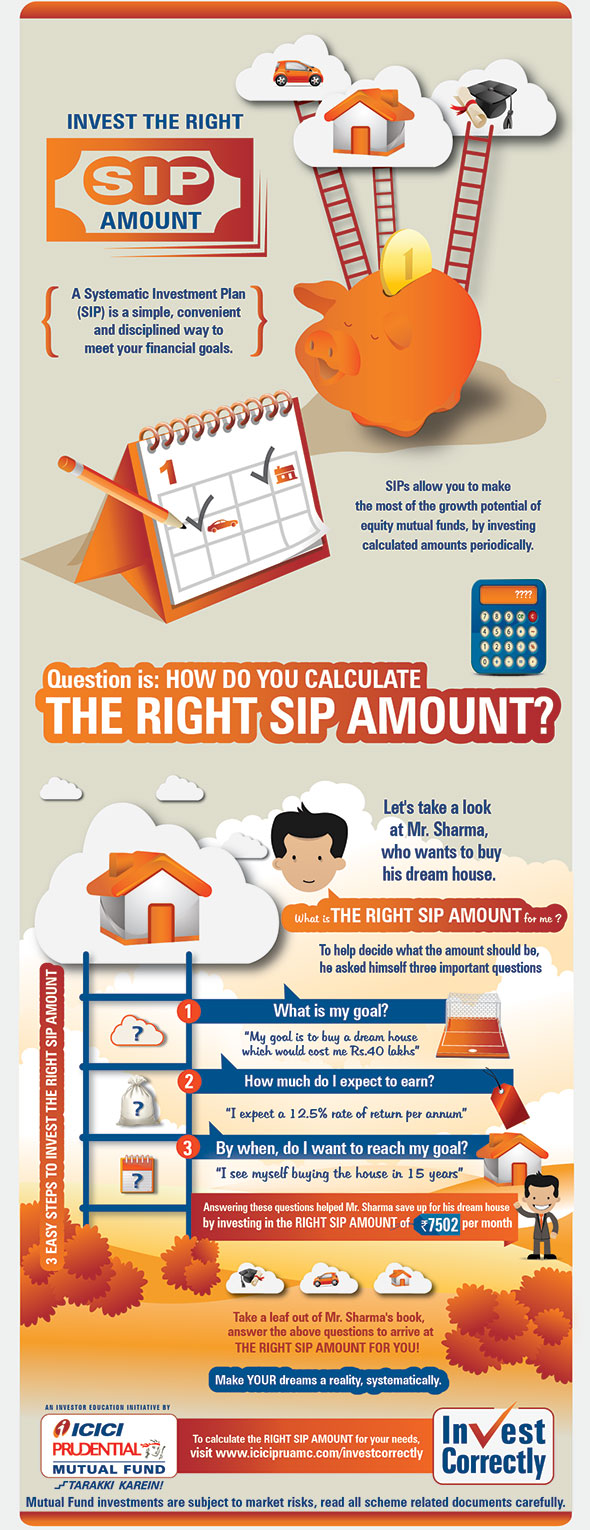The Financial Effect Of Defaulting On A Performance Bond
The Financial Effect Of Defaulting On A Performance Bond
Blog Article
Created By-
When a surety problems an efficiency bond, it guarantees that the principal (the event who buys the bond) will meet their obligations under the bond's terms. If the major stops working to meet these commitments and defaults on the bond, the guaranty is in charge of covering any losses or problems that result.
1. Loss of credibility: Back-pedaling an efficiency bond can harm the principal's credibility and reputation, making it harder to protect future business or financing.
2. Legal and administrative costs: The guaranty might require to pay legal and management costs connected with pursuing the principal for damages or trying to fix the situation.
3. Monetary losses: The surety might need to cover the price of finishing the project or providing the solutions that the principal stopped working to provide. This can lead to considerable financial losses for the surety.
4. Raised premiums: If the principal has a history of back-pedaling efficiency bonds, they may be needed to pay greater premiums in the future to obtain the necessary bonding.
On the whole, back-pedaling a performance bond can have major financial repercussions for both the principal and the surety. It is very important for principals to thoroughly consider their responsibilities and ensure they are able to meet the regards to the bond to avoid these adverse results.
Back-pedaling an efficiency bond can be a pricey misstep for businesses. When you fail to meet the bond's commitments, the financial repercussions can be substantial. From paying the full bond total up to potential lawful battles and harmed relationships, the effects can resound throughout your company procedures. Understanding the elaborate internet of monetary impacts that defaulting on an efficiency bond can have is important for securing your company's economic health and credibility.
Financial Penalties for Defaulting
If you back-pedal a performance bond, you'll likely deal with substantial punitive damages. These fines can vary depending on the terms of the bond arrangement yet frequently include paying the bond quantity in full to the obligee. This means that if you fall short to meet your legal obligations, you have to pay the bond amount to the task owner or the entity that required the bond.
Furthermore, franchise and ordinance bond may also be accountable for any extra prices incurred by the obligee as a result of your default, such as locating a replacement service provider or covering task hold-ups.
Back-pedaling a performance bond can also cause lawful costs and court expenses if the obligee decides to take legal action versus you to recuperate the bond quantity. These costs can swiftly accumulate, further aggravating the economic effect of your default. It's necessary to meticulously examine and recognize the regards to the efficiency bond to prevent these extreme financial penalties.
Influence On Business Capital
Defaulting on a performance bond can dramatically influence your service cash flow, impacting economic stability and operational capabilities. When you default on an efficiency bond, you risk shedding the bond quantity, which can be a substantial amount. This loss straight affects your cash flow, as you'll require to discover alternative resources of moneying to cover the bond amount. In addition, failing can result in increased analysis from sureties, making it harder and much more pricey to secure bonds in the future. contractor license exam prep can additionally stress your capital as you may require to allot additional sources to fulfill bonding requirements.
The effect on your capital does not stop there. https://www.globenewswire.com/en/news-release/2022/09/01/2508591/0/en/Surety-Market-Updates-Growth-Opportunities-2022-2028-Industry-Share-Size-Latest-Innovations-Key-Market-Drivers-New-Entrants-Competitor-Ecosystem-Developed-Regions-Data-Qualitative-.html on a performance bond can also result in job delays or cancellations, causing a loss of profits. Furthermore, the adverse reputation that comes with failing can discourage potential customers, additionally minimizing your capital. In general, defaulting on a performance bond can have detrimental results on your service's economic health and wellness and capability to operate smoothly.
Lawful Ramifications and Suits
Encountering lawful implications and possible suits as a result of back-pedaling an efficiency bond can substantially influence your organization's reputation and monetary standing. When you back-pedal an efficiency bond, the guaranty business might take lawsuit to recoup the bond quantity paid. This might cause pricey lawful costs, court costs, and possible settlements or judgments versus your company.
Moreover, back-pedaling an efficiency bond may cause harmed relationships with customers, subcontractors, and providers, affecting your capacity to safeguard future contracts. Claims developing from bond defaults can tarnish your service's reliability in the sector, making it testing to bring in new companions or customers.
Additionally, if the default results in a court judgment versus your organization, it might result in property seizure or liens, better stressing your monetary security. As a result, it's critical to recognize the legal ramifications of back-pedaling a performance bond and take positive steps to mitigate the threats involved.
Final thought
As you face the consequences of defaulting on an efficiency bond, remember this: it resembles walking a tightrope without a safety net. One wrong step can send you plummeting right into a monetary freefall, without any method to stop the autumn.
The punitive damages, capital effect, and legal implications are all waiting to catch you if you slip up. So walk carefully, and constantly recognize your commitments to avoid the harsh effects of default.
